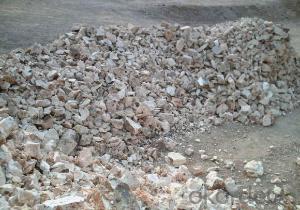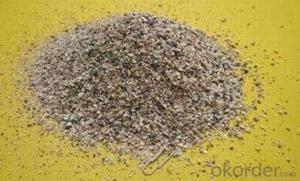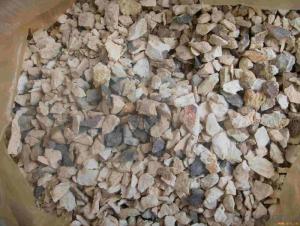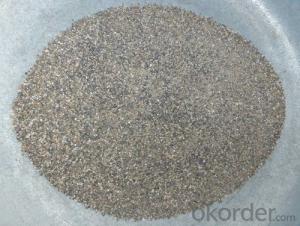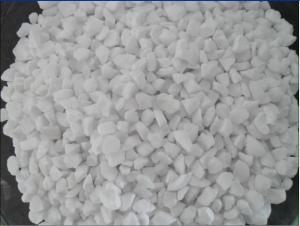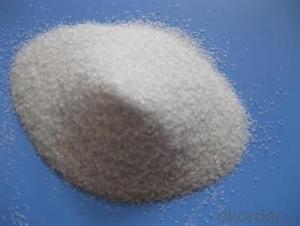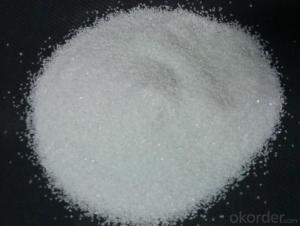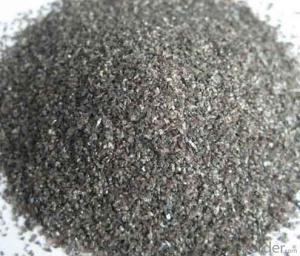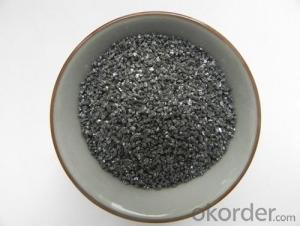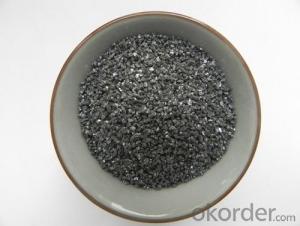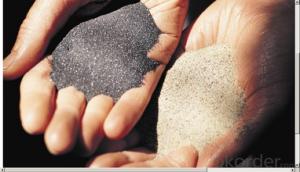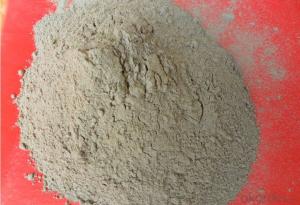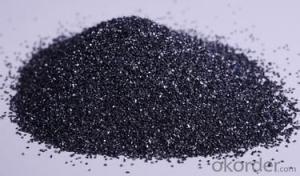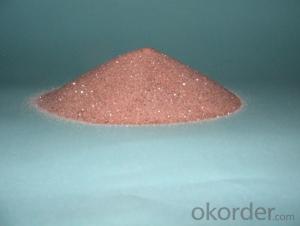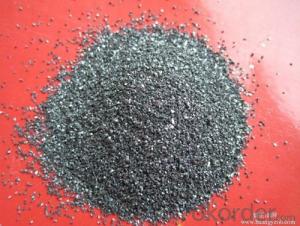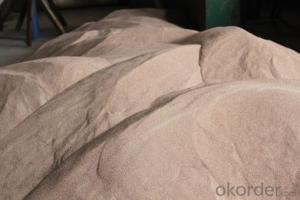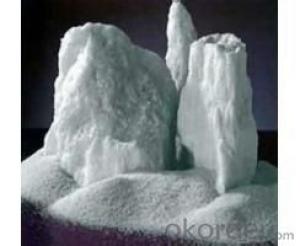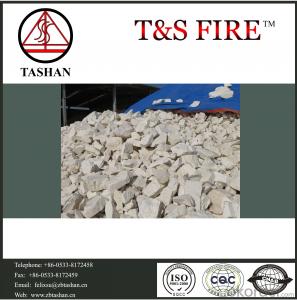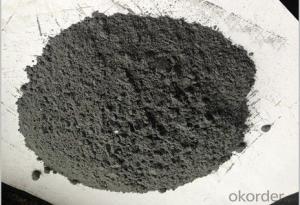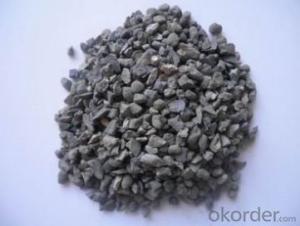All Categories
- - Steel Wire Rod
- - Steel Coils
- - Steel Profiles
- - Steel Pipes
- - Stainless Steel
- - Tinplate
- - Special Steel
- - Steel Sheets
- - Steel Rebars
- - Steel Strips
- - Hot Rolled Steel
- - Cold Rolled Steel
- - Pre-painted Steel
- - Seamless Steel Pipe
- - Welded Steel Pipe
- - Hollow Steel Tubes
- - Galvanized Pipe
- - Stainless Steel Coil
- - Stainless Steel Sheet
- - Stainless Steel Plate
- - Stainless Steel Strips
- - Electrolytic Tinplate Coil
- - Electrolytic Tinplate Sheet
- - Stainless Steel Rebars
- - Solar Panels
- - Solar Water Heater
- - Solar Related Products
- - Solar Inverter
- - Solar Cells
- - Solar Light
- - Solar Energy Systems
- - Solar Controllers
- - Solar Mounting System
- - Solar Pump
- - Solar Chargers
- - Fiberglass Chopped Strand
- - Fiberglass Mesh Cloth
- - Composite Pipes
- - FRP Pultrusion Profiles
- - Fiberglass Mat Tissue
- - Fiberglass Fabrics
- - Fiberglass Mesh
- - Composite Tank
- - Fiberglass Mesh tape
- - Polymer
- - FRP Roofing Panel
- - Fiberglass Roving
- - Monolithic Refractories
- - Ceramic Fiber Products
- - Refractory Bricks
- - Raw Materials For Refractory
- - Suspended Platform
- - Cranes
- - Concrete Machinery
- - Earthmoving Machinery
- - Building Hoist
- - Road Building Machinery
- - Plastic Pipe Fittings
- - Plastic Tubes
- - Plastic Sheets
- - Agricultural Plastic Products
- - Plastic Nets
Q & A
Describe the importance of thermal insulating materials in refractories.
Thermal insulating materials play a crucial role in refractories as they help to minimize heat loss and improve energy efficiency in high-temperature applications. These materials possess low thermal conductivity, which prevents the transfer of heat from the hot side to the cold side of the refractory structure. By reducing heat loss, thermal insulation materials ensure that the refractory lining retains its heat, leading to more efficient heating and reduced energy consumption. Additionally, thermal insulation materials help to maintain a uniform temperature distribution within the refractory, preventing thermal gradients that can cause cracking or structural damage. Overall, the use of thermal insulating materials in refractories is essential for optimizing thermal performance, enhancing durability, and reducing energy costs in various industrial processes.
What are the properties of silicon carbide-based refractory materials?
Silicon carbide-based refractory materials have several notable properties. Firstly, they possess excellent thermal conductivity, allowing them to efficiently transfer heat. Secondly, they exhibit high strength and hardness, making them resistant to mechanical wear and deformation. Additionally, these materials have exceptional chemical stability, enabling them to withstand corrosion from various chemicals and molten metals. Furthermore, silicon carbide-based refractory materials have a high melting point, enabling them to retain their structural integrity at elevated temperatures. Overall, their combination of thermal conductivity, strength, chemical stability, and high melting point makes them ideal for applications requiring resistance to extreme heat, mechanical stress, and corrosive environments.
What are the refractory raw materials used in lining cyclone separators?
The refractory raw materials commonly used in lining cyclone separators include alumina, magnesia, chromite, and silicon carbide. These materials are chosen for their high temperature resistance, erosion resistance, and thermal shock resistance, which are essential properties for withstanding the harsh conditions within the cyclone separator.
What is the effect of iron oxide impurities in refractory raw materials?
The effect of iron oxide impurities in refractory raw materials is generally negative as it can decrease the overall refractoriness and thermal stability of the materials. Iron oxide has a lower melting point compared to most refractory materials, which can lead to premature melting or softening of the refractory product. Additionally, iron oxide can react with other components in the refractory material, forming low melting point compounds that can further compromise its performance. Therefore, minimizing or removing iron oxide impurities is crucial in maintaining the desired properties and performance of refractory raw materials.
Wholesale Raw Materials For Refractory from supplier in Libya
We are a Raw Materials For Refractory supplier serving the Libya, mainly engaged in the sale, quotation, and technical support services of various Raw Materials For Refractory products in the Libya region. We are a subsidiary platform of the Fortune Global 500 company CNBM, able to provide you with one-stop Raw Materials For Refractory procurement services in the Libya. Not only do we have a wide range of Raw Materials For Refractory products, but after years of market development in the Libya, we can also provide valuable experience for your projects.
Hot Search
- Monolithic Refractories in Afghanistan
- Ceramic Fiber Products in Finland
- Refractory Bricks in Lithuania
- Raw Materials For Refractory in Guyana
- Ceramic Fiber Products in Madagascar
- Ceramic Fiber Products in Australia
- Ceramic Fiber Products in Denmark
- Raw Materials For Refractory in Kazakhstan
- Monolithic Refractories in Haiti
- Monolithic Refractories in Maldives
